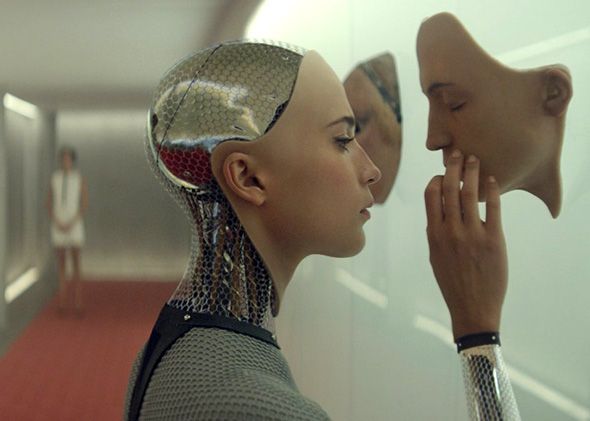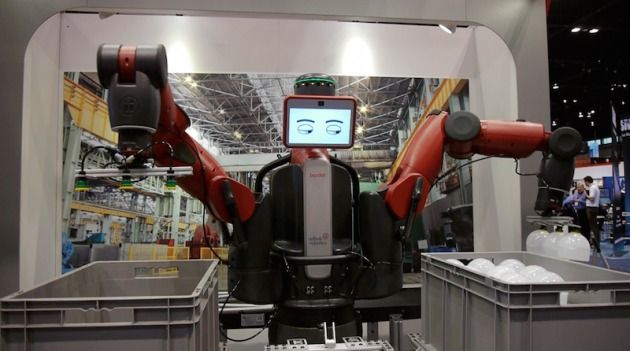Can an emotional component to artificial intelligence be a benefit?
Robots with passion! Emotional artificial intelligence! These concepts have been in books and movies lately. A recent example of this is the movie Ex Machina. Now, I’m not an AI expert, and cannot speak to the technological challenges of developing an intelligent machine, let alone an emotional one. I do however, know a bit about problem solving, and that does relate to both intelligence and emotions. It is this emotional component of problem solving that leads me to speculate on the potential implications to humanity if powerful AI’s were to have human emotions.
Why the question about emotions? In a roundabout way, it has to do with how we observe and judge intelligence. The popular way to measure intelligence in a computer is the Turing test. If it can fool a person through conversation, into thinking that the computer is a person, then it has human level intelligence. But we know that the Turing test by itself is insufficient to be a true intelligence test. Sounding human during dialog is not the primary method we use to gauge intelligence in other people or in other species. Problem solving seems to be a reliable test of intelligence either through IQ tests that involve problem solving, or through direct real world problem solving.
As an example of problem solving, we judge how intelligent a rat is by how fast it can navigate a maze to get to food. Let’s look at this in regards to the first few steps in problem solving.
Continue reading “Robotic EQ” »
















